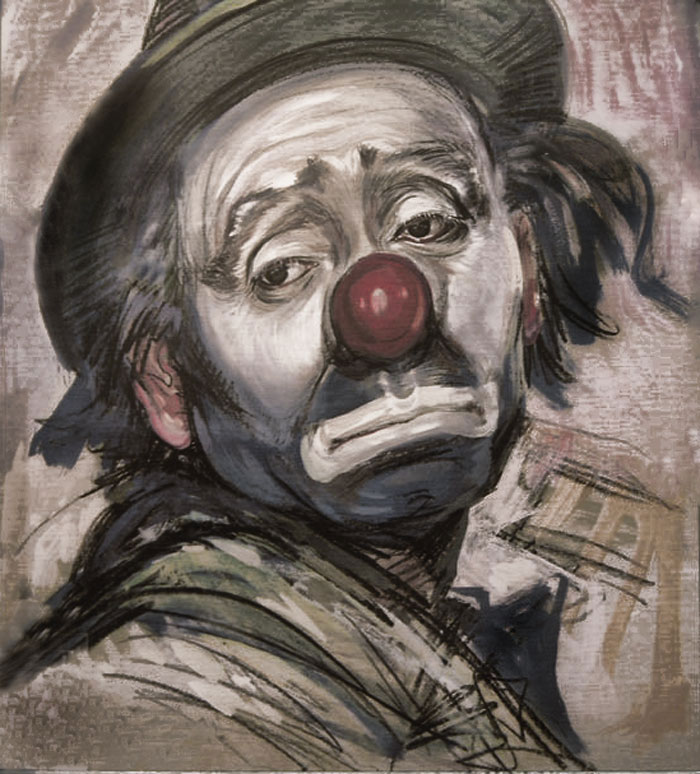If you’re anything like me, there will always be a compelling reason why now is not the time to act.
It’s too early. It’s too late. You’ve not done enough preparation. You’ve done too much. They’re not ready to listen. They’re bored waiting and have moved on to greener pastures.
Either way, you’ve missed the boat. The next one’s a week on Friday …
Hey-ho! Like me, perhaps, you find yourself drawn to the words of this song:
Our modern ears might detect a dash of national stereotyping in there but, hey, Miss Peggy makes procrastination sound so appealing – sexy, even! – that by the end you’re all set to do sweet nada but sit out in the noonday heat beneath a great big sombrero …
From that kind of chilled-out perspective the song could be viewed as a delicious critique of the uptight, clock-watching, unforgiving world we actually live in. And weren’t machines supposed to usher in a brave new world where we’d all be freed from the drudgery of work to pursue meaningful hobbies and play constructively with our children?
What went wrong? Did I miss a meeting? (Several, but don’t worry, they never told you they were having them. Ed.)
No, but you see, I do worry! I worry that my urge to procrastinate stops me achieving anything much. Putting the occasional blog post together – although I sometimes whinge on about it – is the least of my problems. Without deadlines and directions, I tend to flounder. And to continue the fishy metaphor, you could say I flip-flop around.
A friend of mine once accused me – amused, I think, rather than annoyed – of having what he called ‘a shopping-trolley mind’. His idea was that I tended to pull things off the shelves, so to speak, at random. I reckon his real complaint was that this made me difficult to argue with.
I’m rarely short of something to say. If anything, problems lie the other way – I produce too much and lose focus, so that my writing tends to peter out having lost its way. I should edit, of course, to sift the wheat from the chaff but … well, you guessed it … I am prone to postponing the process.
Perhaps there’s a therapy group somewhere. My name is Dave Kingsbury and I’m a serial procrastinator …
I hope they’ll be kind to me. Not like the originator of this brutal little list that I nicked off of the interweb and cleaned up for respectable readers like your good self. Can you imagine – the ‘f’ word in every sentence? It sounded like Bob Geldof!
1 Do the work. Don’t be lazy.
2 Stop waiting. It’s time.
3 Rely on yourself. The universe doesn’t care.
4 Be practical. Success is not a theory.
5 Be productive early. Don’t mess around all day.
6 Don’t be a baby. Life’s hard. Get on with it.
7 Don’t hang around with time-wasters.
8 Don’t waste energy on things you can’t control.
9 Stop pretending. It’s embarrassing.
10 Stop being a people-pleaser. It’s sad.
Image: deviantart.com








